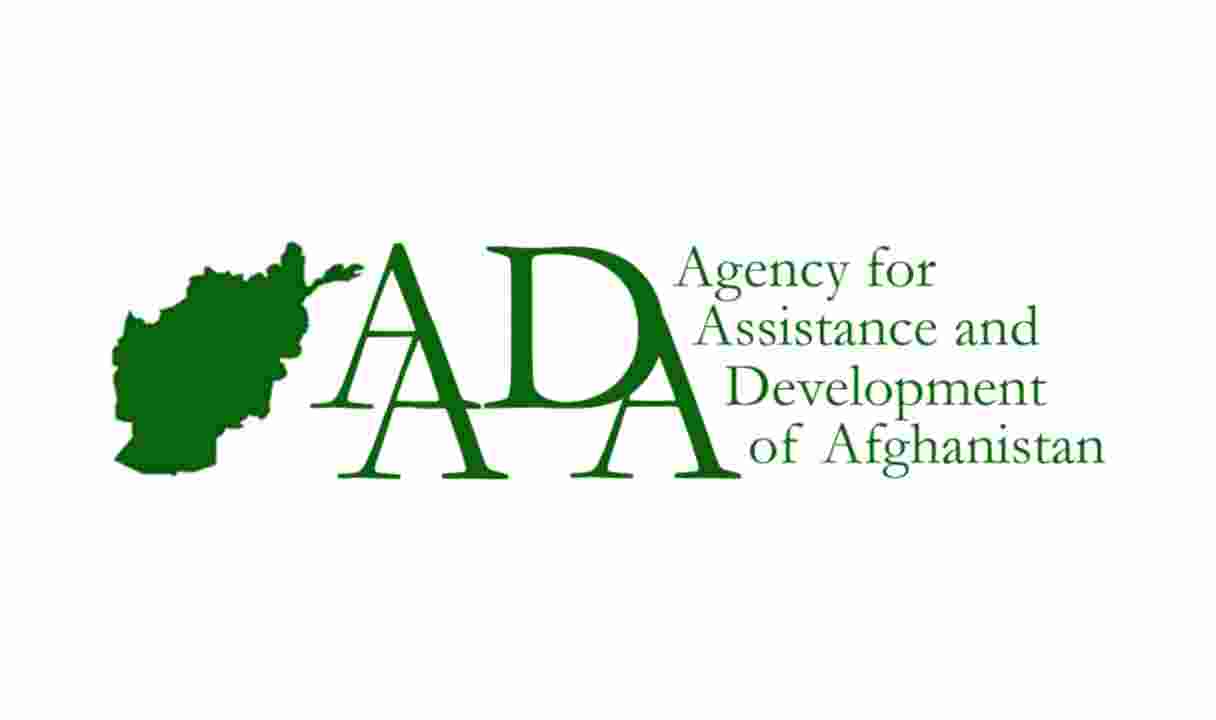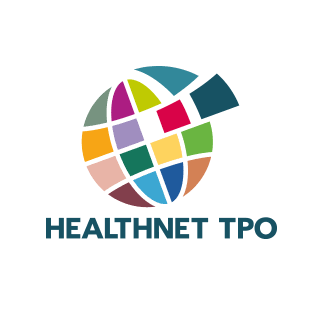1) Role Purpose
Strengthen primary health care capacity for hypertension and diabetes through high-quality, in-person trainings for health workers and CHWs, followed by on-site mentoring, supportive supervision, and data-driven quality improvement using the project-approved standardized curriculum and tools.
2) Scope & Boundaries
● Curriculum: Deliver training strictly with the approved standardized curriculum (for HWs and CHWs). Any adaptation requires prior approval.
● Modality: Trainings are cluster-based with schedules organized to minimize service disruption at health facilities.
● Targets: Deliver cohorts and mentoring according to the approved workplan and numeric targets.
● Surveys/Evaluation: Implement pre/post-training assessments and cooperate with session observation/feedback.
● Logistics: AADA provides venues, materials/printing, participant transport/per diem, meals, and trainer travel & accommodation per policy.
● Data & Monitoring: Use standard project tools (paper or digital) for attendance, assessments, mentoring notes, and KPI reporting.
Authority limits: The Trainer does not change curriculum content, cluster allocations, numeric targets, or commit logistics beyond AADA approvals.
________________________________________
3) Key Responsibilities
A. Training Delivery (Health Workers – HWs & Community Health Workers – CHWs)
● Modality: In-person, cluster-based sessions using the approved curriculum; cohorts ~20–30 HWs or 25–35 CHWs; practical stations (BP, glucometer, counseling, referral).
● Inclusion & logistics: Deliver in Dari/Pashto, arrange women-only groups/segregated spaces when needed; AADA handles venue/materials/travel.
● Assessment: Run pre/post tests and submit attendance/results within 72 hours.
B. Mentoring & Supportive Supervision
● Provide ≥2 post-training mentoring visits per site within ~8 weeks (bedside coaching, case reviews, mini-audits).
● Use light Quality Improvement (QI) methods (e.g., Plan–Do–Study–Act – PDSA) to close gaps.
C. Service Integration & Referrals
● Embed hypertension (HTN)/diabetes mellitus (DM) into Outpatient Department (OPD) flow (triage → vitals → consult → counselling → follow-up).
● Set up appointment/defaulter-tracking; clarify referral pathways, emergency triggers, and feedback loops.
D. CHW Enablement
● Coach CHWs on community screening, brief advice (e.g., tobacco cessation), and referral; support joint supervision where assigned.
E. Data, Reporting & Reviews
● Keep tidy files (agenda, attendance, pre/post, mentoring notes); submit monthly KPI (Key Performance Indicator) summary to AADA M&E (Monitoring & Evaluation).
● Present progress and fixes in monthly/quarterly reviews; align data with HMIS (Health Management Information System) where applicable.
F. Compliance & Safeguarding
● Follow AADA Code of Conduct, PSEA (Protection from Sexual Exploitation and Abuse)/Child Safeguarding, Data Protection, Anti-Fraud, security, and SOPs (Standard Operating Procedures).
● Ensure gender-sensitive, culturally appropriate delivery; apply basic IPC (Infection Prevention and Control) during practicals.
________________________________________
4) Deliverables
1. Documentation: Agenda, session plan, station checklists, signed attendance (sex-disaggregated), pre/post results uploaded within 72h.
2. Mentoring Reports: Visit notes for each trained site with action points, timelines, and follow-up status.
3. Facility Readiness Checklists: Baseline/endline for equipment, supplies, registers, and SOPs.
4. Monthly KPI Brief: One-pager on training coverage, knowledge gain, mentoring coverage, referral issues, and key actions.
5. Final Report (end of assignment): Narrative plus data annexes (cohort list, pre/post gains, mentoring outcomes, lessons learned).
________________________________________
5) Performance Indicators (SMART)
● On-time delivery of assigned cohorts under the approved cluster plan (≥95%).
● Knowledge gain: Mean post-test – pre-test ≥25 percentage points per cohort.
● Mentoring coverage: 100% of trained facilities receive ≥2 mentoring visits within 8 weeks.
● Practice readiness: ≥80% of supported sites meet HTN/DM readiness (equipment + SOPs + registers) by endline.
● Data quality & timeliness: 100% of cohort packs and mentoring notes submitted within agreed timelines with <5% errors.
________________________________________
6) Qualifications & Experience
Essential
● Clinician (MD /public-health clinician) with 3–5 years PHC/NCD experience.
● Demonstrated adult learning/ToT skills and on-site clinical mentoring.
● Solid knowledge of HTN/DM protocols; strong facilitation and communication in Dari and Pashto; adequate English for reporting.
● Competence with routine HMIS/NCD registers and simple QI methods.
Desirable
● Experience coordinating with PPHD/PPHO and implementing partners; prior work in hard-to-reach settings.
Core Competencies
● Coaching & communication, organization & planning, cultural sensitivity, problem-solving, integrity.






